Taking care of your health is essential, especially when the new year strikes. After quite a number of parties you’ve attended and the bottle of beers and other liquor you have shared with friends and family, your body has gone through a lot and your liver health is in need of utmost care.
The Hospital at Maayo is ready to provide state-of-the-art medical facilities and procedures to all its patients. And since it’s located at the heart of Cebu, it’s easily accessible to anyone who wishes to keep their health in check. So after partying hard at the end of 2021, it’s high time to get yourself, especially your liver health, in check for a healthier 2022.
But why the liver?
The liver plays an essential role not only in one’s digestive system but also in the entire body. One of the primary functions of the liver is to filter the blood coming from the digestive tract before it’s distributed through the body. The liver detoxifies, separates sugars, and stores the nutrients we get from the meals we eat. To put it simply, it makes sure that clean blood flows through our veins to keep us up and going every day. With a huge responsibility like that, it’s important for you to keep your liver healthy at all times.
But do I need to get checked even if I feel healthy? As a matter of fact, you do. According to the Centers for Disease Control and Prevention, the symptoms of the liver disease won’t show until the disease has progressed rapidly. When symptoms begin or progress, it’s best to have a liver health consultation with a hepatologist. From here, the doctor may schedule either endoscopy or a fibroscan to help with the diagnosis.
What are endoscopy and fibroscan?
An endoscopy is a common procedure when it comes to digestive concerns. It is where an endoscope – a long, thin flexible tube with a camera, is inserted into a patient’s body in order to capture photos of concerned organs, the liver included.
Meanwhile, a fibroscan is a non-invasive test that helps assess the current condition of your liver through fibrosis or scarring levels. Whichever procedure is used, these can help your hepatologist come up with a diagnosis and further steps to take to help manage liver health.
But how would you know if you need a consultation and these procedures? There are many symptoms of liver problems to watch out for.
The crucial signs of liver problems
Liver diseases may occur gradually and differently depending on your current condition, so it’s important to keep an eye on your health. If you happen to have any of these symptoms, consult a hepatologist to help determine whether you need an endoscopy, fibroscan, or any other medical procedure to help maintain or improve your liver health.
1. Yellowing of the skin or eyes (jaundice)

Jaundice is a condition in which one’s skin and sclera—the white portion of the eyes – and mucous membranes turn into an abnormal yellowish color. This is caused by high levels of bilirubin released by the liver. You’ll need more than just a trip to the eye clinic.
Bilirubin is bile formed during the breakdown of red blood cells. Jaundice can be caused by infections like Hepatitis A, Hepatitis B, and Hepatitis C, pre-conditions like hematoma, clotted blood under the skin, or hemolytic anemia where red blood cells are removed from the bloodstream even before their end-life.
2. Abdominal pain or swelling

Liver pain can often be misread as simple stomach pain. Well, it’s important to pay attention. Abdominal pain caused by liver conditions can be felt in the upper right abdomen – it’s described as a dull and throbbing pain or a stabbing sensation.
It’s also accompanied by swelling and radiating pain on the back or on the right shoulder pain. Since these symptoms are also linked to digestive conditions, your doctor may schedule an endoscopy to help determine the cause of these symptoms.
Abdominal pain or swelling in relation to liver conditions is often caused by excessive alcohol consumption, hepatitis, fatty liver, and even liver cancer.
3. Swelling of the legs or ankles
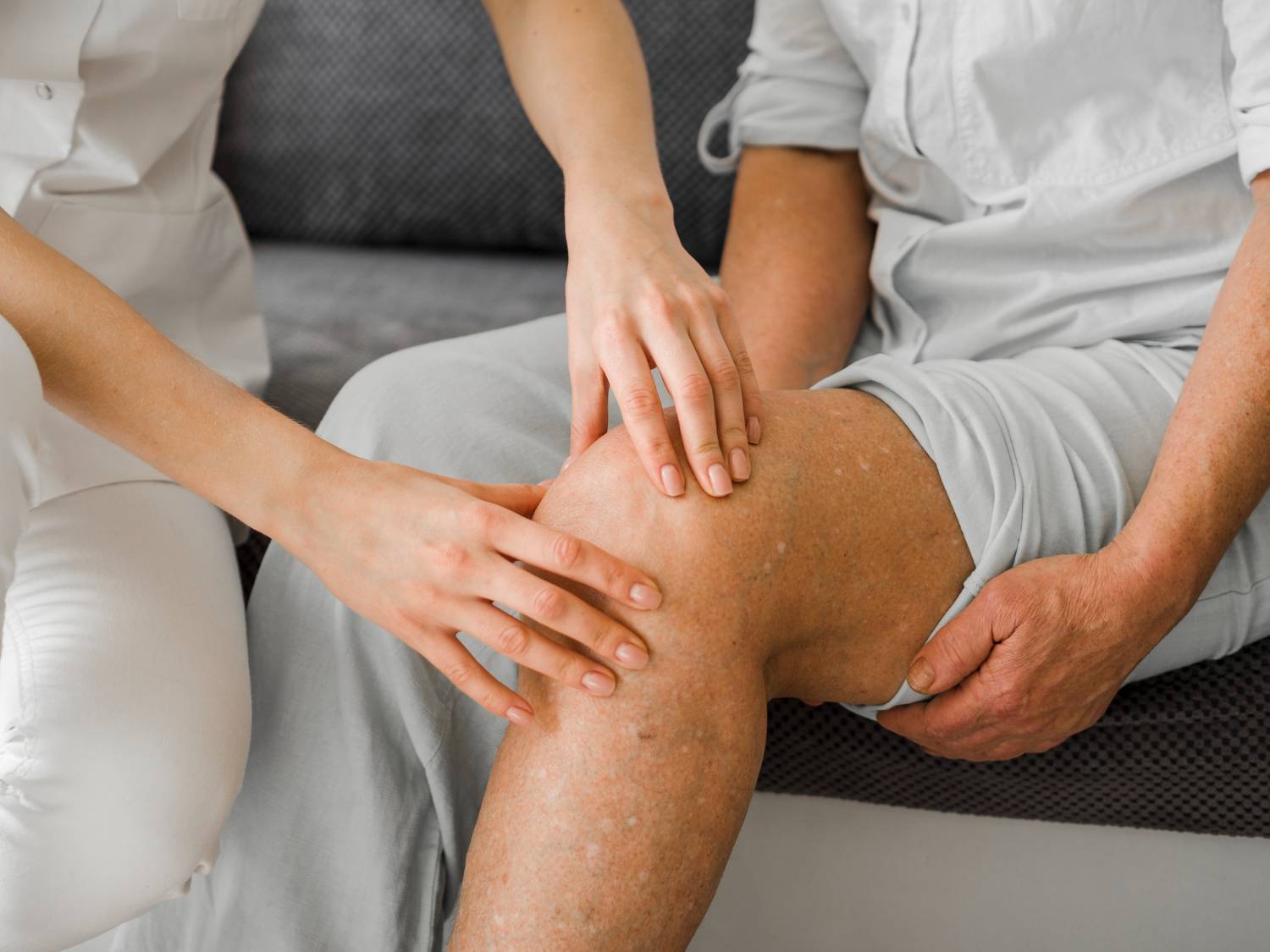
When the liver becomes more damaged, more obvious symptoms begin to show, and swelling of the legs or ankles is one of them.
The swelling is caused by edema or a build-up of fluid in the area. This is caused by cirrhosis of the liver, wherein the flow of blood through the liver becomes slower, increasing the pressure in the vein from the intestine and spleen.
Cirrhosis can be very difficult to heal, which is why it’s best to schedule a fibroscan with your liver doctor to determine if your liver is scarred or inflamed. So, if your feet don’t look and feel like they used to before, best to schedule a consultation with a doctor and have the necessary procedures done.
4. Itchy skin
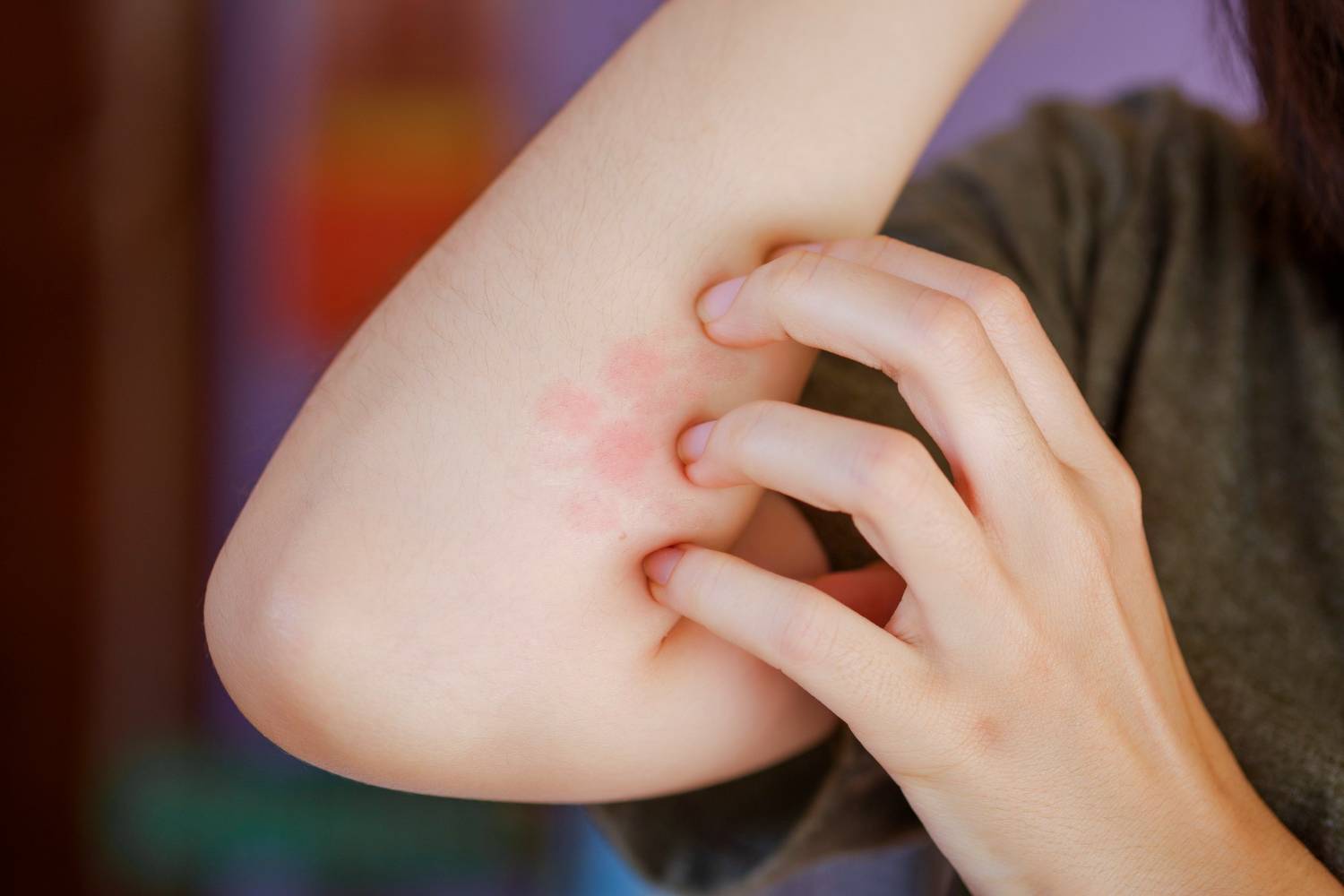
If you find yourself with persistent itchy skin all over your body, then it’s probably time to have your liver checked. Itchy skin indicates that you may have high levels of bile salt in your skin. Bile salt is a product produced by the liver to help your body absorb and digest fats – but it should only be secreted to the bile ducts and gallbladder, and not to your skin.
Aside from bile salt, itchy skin can also be caused by histamine, and serum alkaline phosphatase (ALP). This symptom is commonly associated with liver diseases caused by alcohol, and non-alcoholic fatty liver diseases.
5. Dark-colored urine
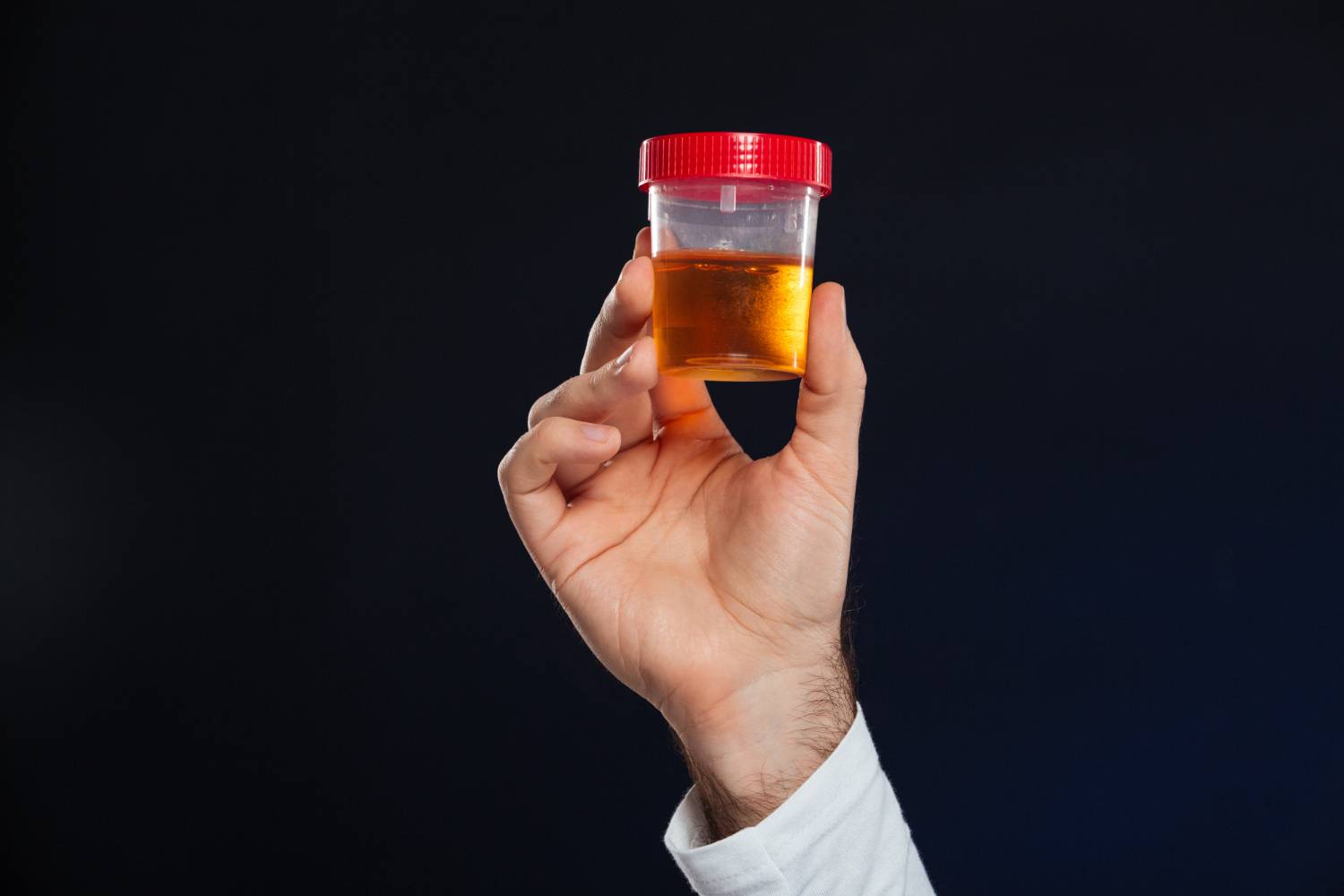
UTI? Maybe. But dark-colored urine can also be a sign of liver disease. Urine becomes dark due to high levels of bilirubin, or the orange-yellowish pigment from red blood cells that are excreted through the liver. This can be associated with inflammation, liver cell abnormalities, and blockage of the bile ducts.
6. Pale, bloody, or tar-colored stool
It is the liver that releases bile salts, giving the stool a normal brown color. If you find clay-colored stools while taking a number two, this may mean that your liver may be producing less bile than normal or the flow of the bile from the liver is blocked. The discoloration of stools is often accompanied by jaundice.
7. Chronic fatigue

A commonly encountered symptom when you have liver problems is chronic fatigue. Be it muscle or physical fatigue, this can be caused by preexisting conditions like a virus or an inherited disease, or even excess alcohol or fat consumption during the holidays.
While chronic fatigue can be caused by multiple conditions, when you start feeling more tired than usual, then your liver should be checked as soon as possible.
8. Nausea or vomiting, diarrhea

Another common symptom of liver disease that has an earlier onset is nausea, vomiting, and diarrhea. When the liver begins to lose the ability to eliminate toxins, your digestive distress will increase.
When toxins remain in the body because the liver was not able to filter your food intake, this may cause nausea and vomiting.
9. Decrease or loss of appetite
 Photo courtesy of Providence Doucet via Unsplash
Photo courtesy of Providence Doucet via Unsplash
Since the liver plays an important role in the digestive system, liver diseases may cause you to lose appetite, and lose weight in return. Loss of appetite can be caused by cirrhosis and even liver cancer. If you notice an unwanted change in your diet, it’s time to consult with a doctor.
10. Bruising easily
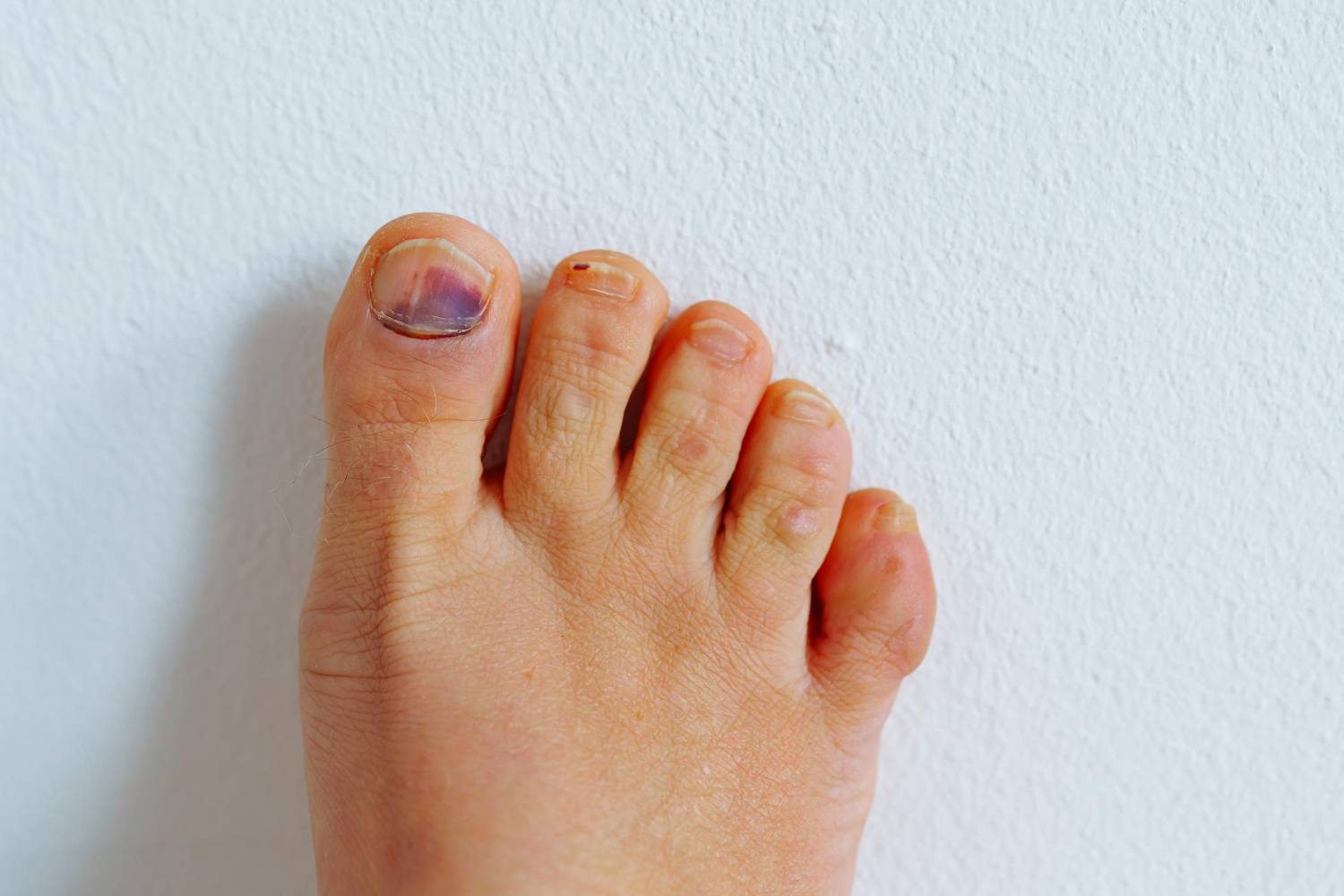
The liver is responsible for producing proteins that prevent blood clotting. When the organ stops producing proteins due to liver conditions, blood clots will occur causing easy bruising and even excessive bleeding.
Do these symptoms sound vague? Undeniably. This is why an endoscopy or a fibroscan is important for both you and your hepatologist. When the liver is distressed, these procedures can help confirm that. Liver diseases, especially complex ones, cannot be diagnosed with a simple ultrasound. If your doctor writes down a doctor’s request for either of these procedures, it’s best to have these done quickly.
Key Takeaways
Taking care of your overall health is essential, especially as you age. While the liver is only one organ, it keeps our body running smoothly on a regular basis. In taking care of your liver, it’s important to keep these notes in mind:
- It starts with you. Your current diet, exercise, and lifestyle choices will define your current health condition and the health of your liver. With proper diet, exercise, and moderate drinking, you’ll be able to keep your liver functioning well.
- It can be genetic, too. Liver problems can also be caused by genetic conditions. If your family has a history of different liver diseases and even liver cancer, then best to schedule regular consultations, and even endoscopies or fibroscans with your hepatologist to help you understand your current health condition to help prevent any disease from occurring.
- When in doubt, visit a doctor. Symptoms can present differently depending on your current condition, so it’s really not a good practice to assume your diagnosis. If the symptoms persist, visit your doctor for a liver consultation.
At The Hospital at Maayo, they are ready to provide the quality medical care you need to take care of your liver and yourself. Whether it’s an endoscopy, a fibroscan, or a regular doctor consultation, you can book an appointment with them to take care of your healthcare needs.


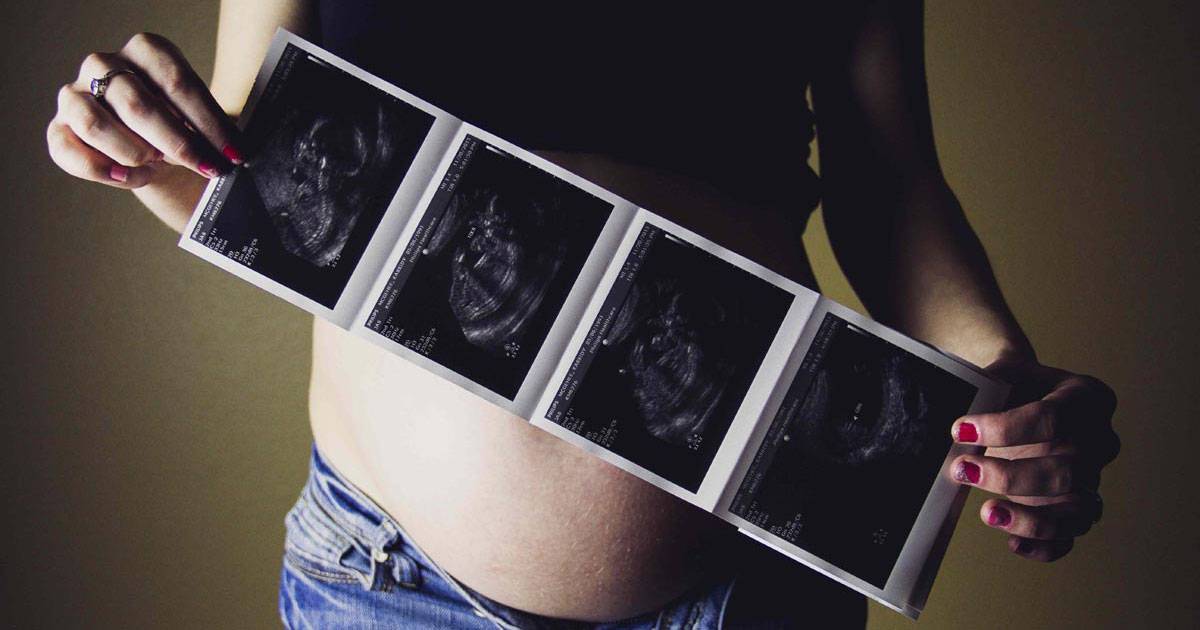
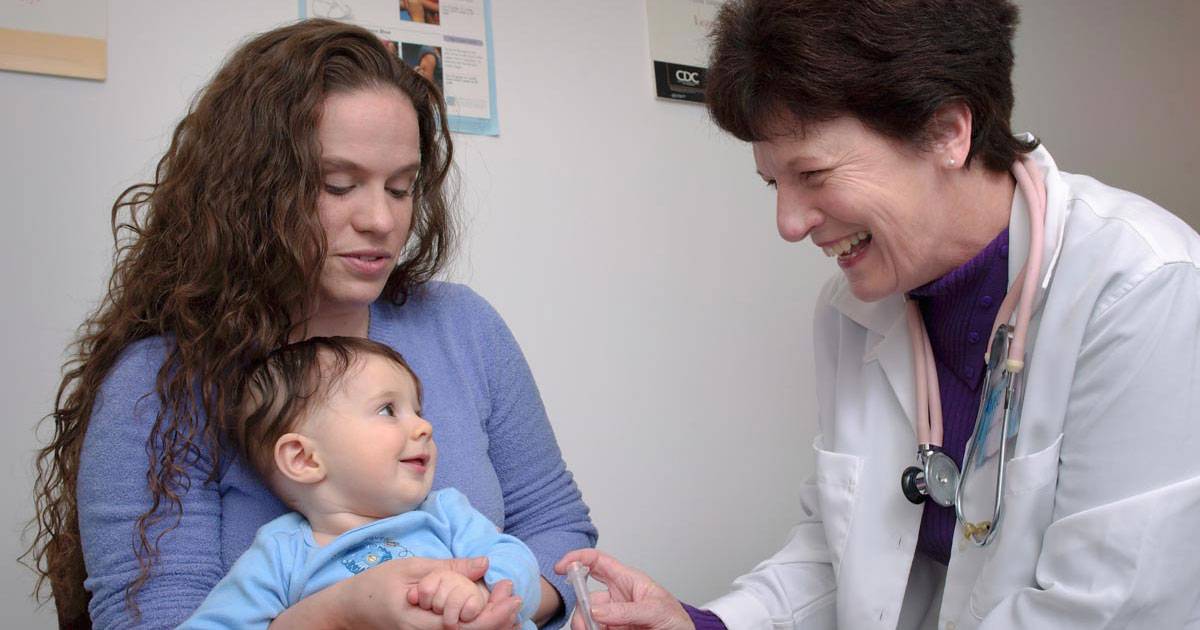
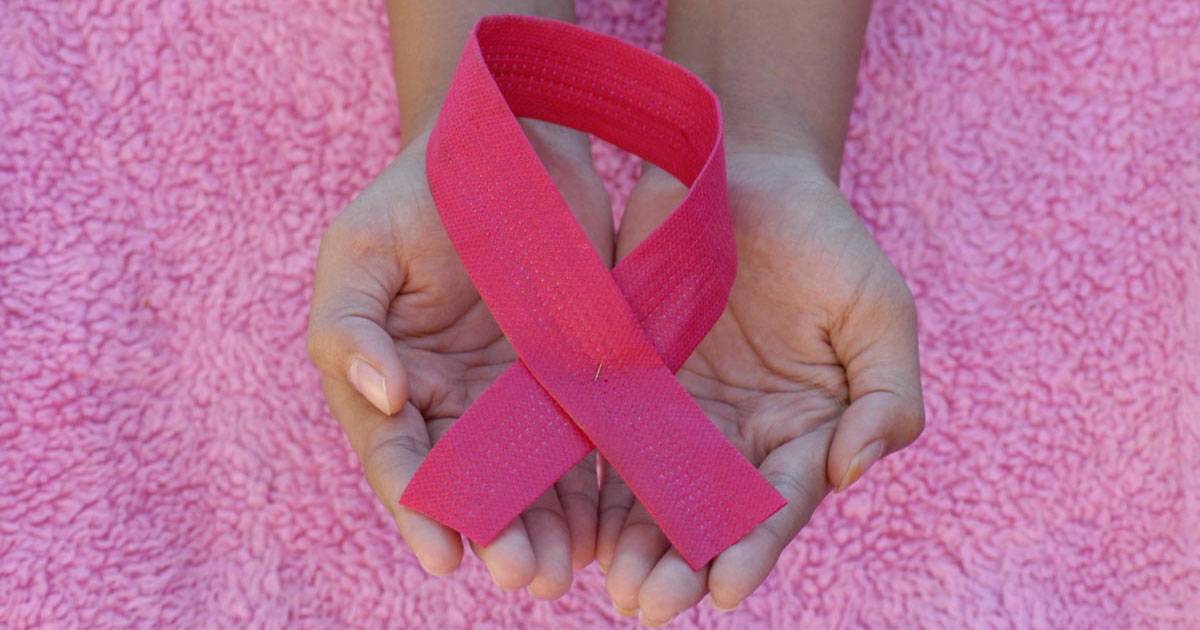
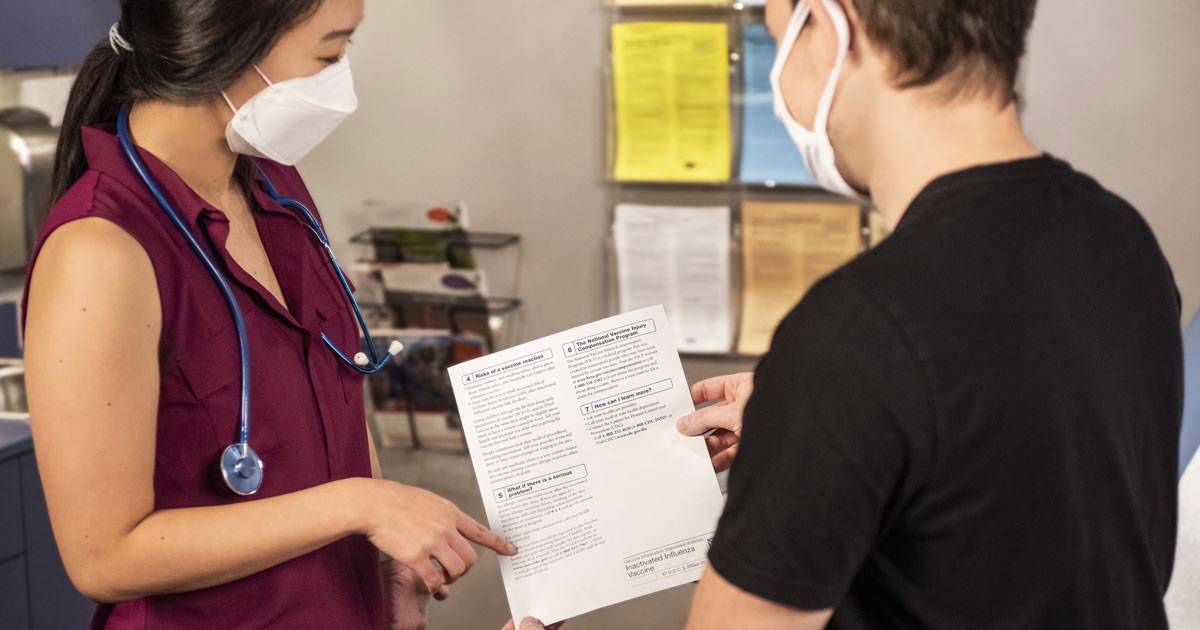
















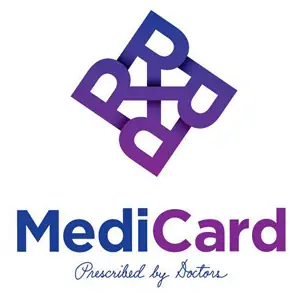









Leave a Reply